Realtors aren’t just around to sell you a house! If you’re looking into renting a home, a realtor can be a lot of help in finding you the perfect place. But just like with any important matter, it’s best to do your research before picking the person who’s going to help you find home.
If you have multiple realtors in mind, get a bit of info on them that you can compare to find your best option. Talk to the realtors and ask them about the recent clients they’ve worked with and their contact information. Reach out to the clients and see what kind of feedback they can provide you about the realtor and how their experience was. Clients are going to give you real information, so they’re a really good resource for intel. Another way to make sure that your possible realtor is totally legit is to check out their licenses. Your state has a board in charge of licensing and regulating those who want to work in real estate; contact the board and confirm the realtors’ licenses and check to make sure that their haven’t been any incidents pertaining to them.
Social media and the internet in general also provide you with all kinds of info that can help you decide if a realtor is right for you. LinkedIn is a good social media site to check because it shows you a persons professional backgroun d. You can see what contacts the realtors have, what jobs they’ve had, and even how long they’ve been in the real estate industry. Even a simple Google search can lead you to lots of information. Check out and see if there’s any local news about the realtors you’re looking at and see what you find; you may find out that they’ve won tons of awards, or may also find out that they’ve dealt with fraud. Real estate forums are also good because aside from seeing what previous clients have said, you can also see what other realtors have to say. Granted, these may be biased, but they come from a more professional point of view so they’ll have validity.
d. You can see what contacts the realtors have, what jobs they’ve had, and even how long they’ve been in the real estate industry. Even a simple Google search can lead you to lots of information. Check out and see if there’s any local news about the realtors you’re looking at and see what you find; you may find out that they’ve won tons of awards, or may also find out that they’ve dealt with fraud. Real estate forums are also good because aside from seeing what previous clients have said, you can also see what other realtors have to say. Granted, these may be biased, but they come from a more professional point of view so they’ll have validity.


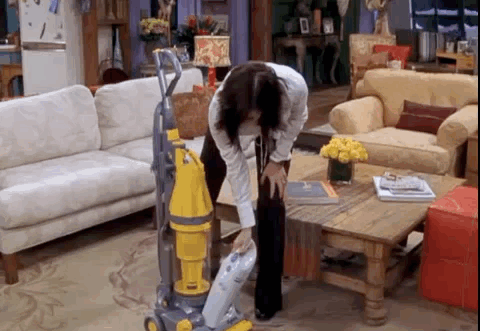
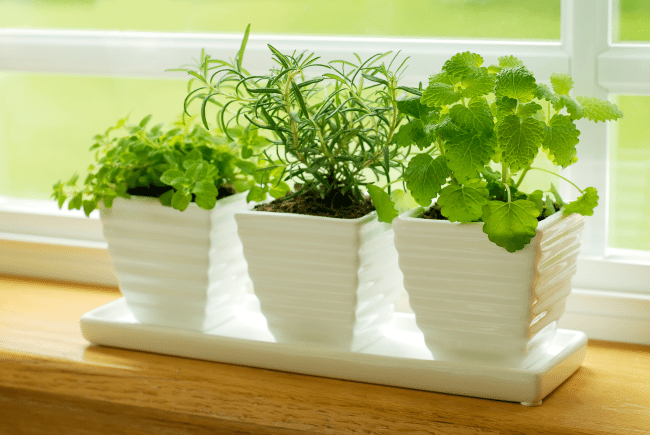

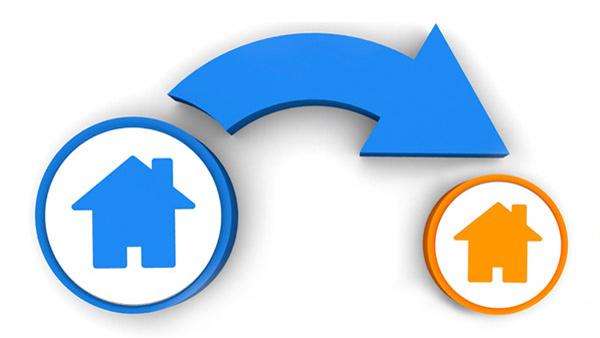
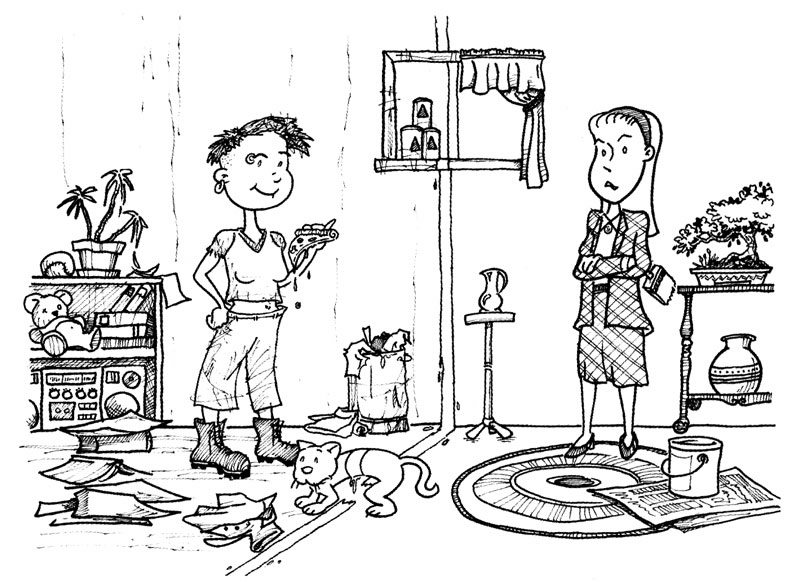
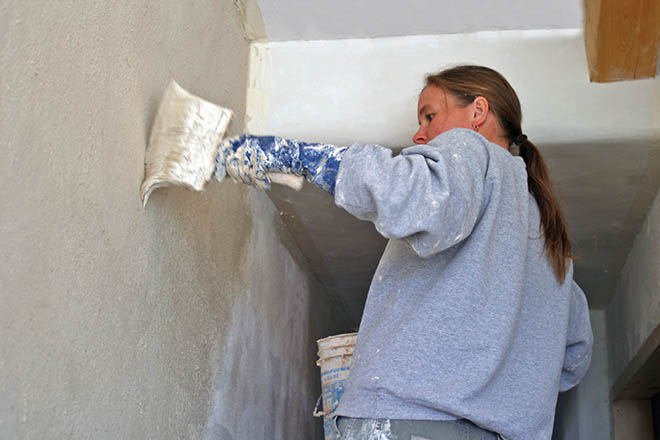 me just as you first got it involves making sure the walls and floors are in good condition. Seeing as the walls probably have holes from having had pictures or shelves, it’s up to you to patch them up. This sounds more complicated than it actually is; you can buy quick dry plaster and primer and have it all fixed up in no time. Once you’ve patched up the holes and little imperfections, find out what paint color the walls were first painted and touch up the color. This way the wall looks even and your landlord won’t charge you for any repairs.
me just as you first got it involves making sure the walls and floors are in good condition. Seeing as the walls probably have holes from having had pictures or shelves, it’s up to you to patch them up. This sounds more complicated than it actually is; you can buy quick dry plaster and primer and have it all fixed up in no time. Once you’ve patched up the holes and little imperfections, find out what paint color the walls were first painted and touch up the color. This way the wall looks even and your landlord won’t charge you for any repairs.